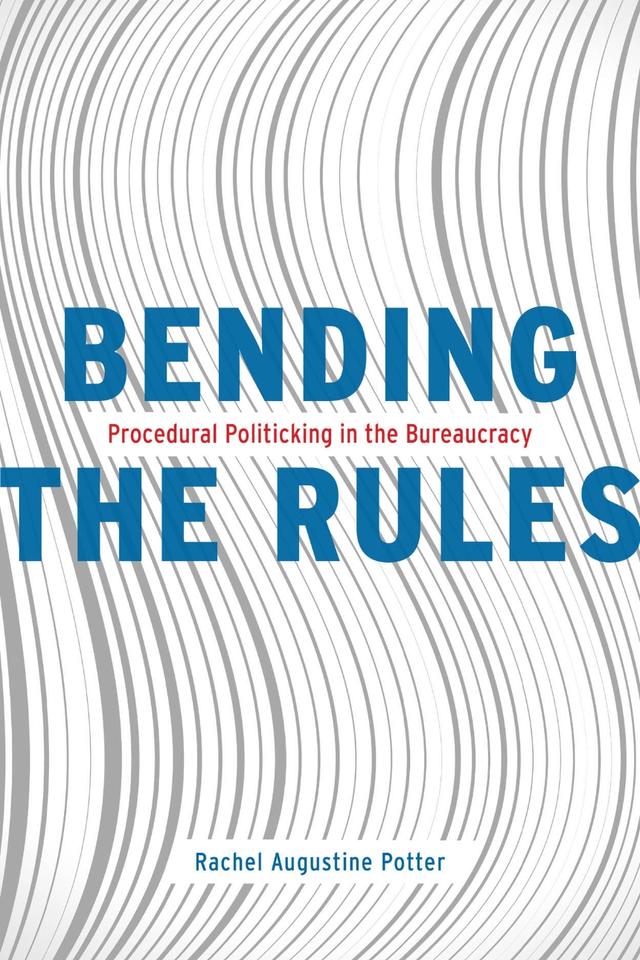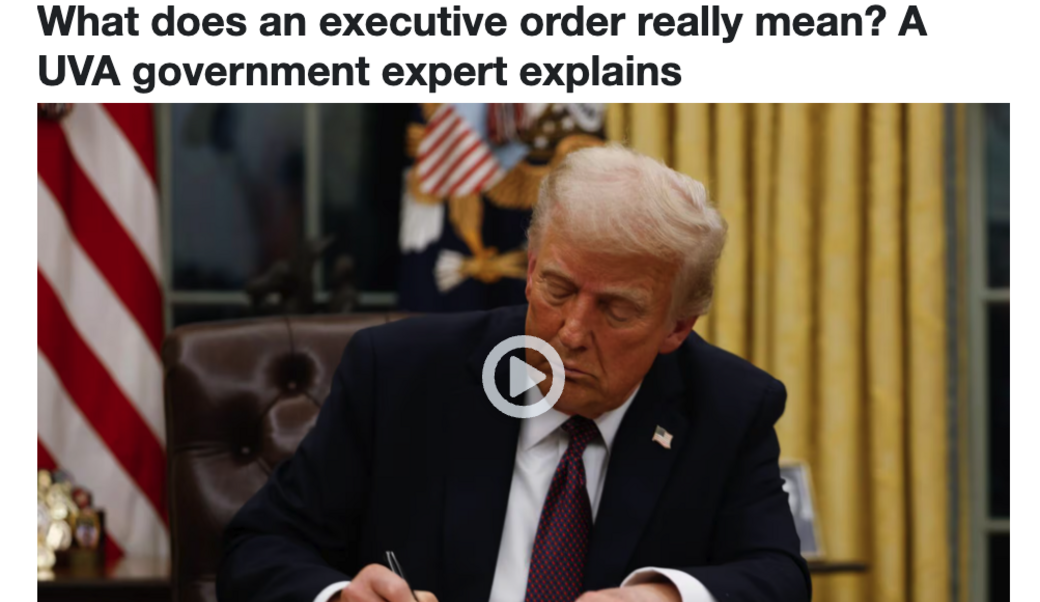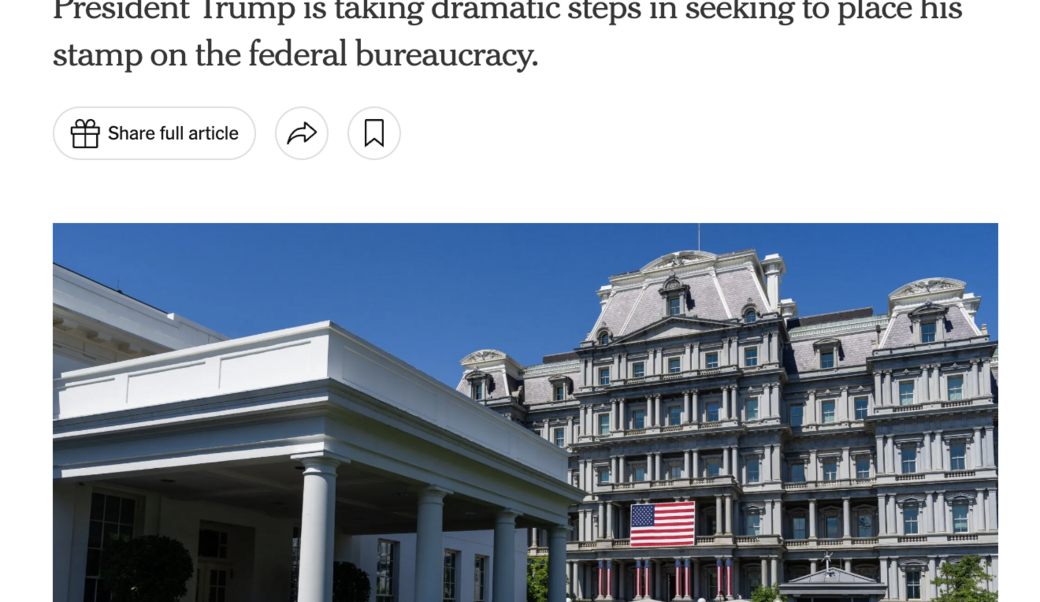Fast Facts
- Associate professor of politics, University of Virginia
- Winner, American Political Science Association's Theodore Lowi Award for the best first book in any field of political science
- Nonresident senior fellow, Brookings Institution
- Expertise in the hidden politics of procedure and process, government bureaucracy, regulation
Areas Of Expertise
- Economic Issues
- Finance and Banking
- Governance
- Founding and Shaping of the Nation
- Leadership
- Politics
- The Presidency
Rachel Augustine Potter is an associate professor of politics at the University of Virginia, a senior fellow at the Miller Center, and a nonresident senior fellow at the Brookings Institution. Her first book, Bending the Rules: Procedural Politicking in the Bureaucracy (University of Chicago Press, 2019), received the American Political Science Association's Theodore Lowi award for the best first book in any field of political science, APSA's Richard Neustadt award for the best book on executive politics, APSA's Herbert A. Simon book award for contributions to public administration scholarship, and the National Academy of Public Administration's Louis Brownlow award for the best book on public administration.
Potter's other research has appeared in political science, public policy, public administration, and administrative law journals. She has served as an expert witness before Congress, a consultant to the Administrative Conference of the United States, and as the president of the Midwest Public Administration Caucus. Before becoming a political scientist, she worked for a number of government bureaucracies, including the White House Office of Management and Budget, the U.S. Government Accountability Office, and the German Federal Ministry of the Interior.






